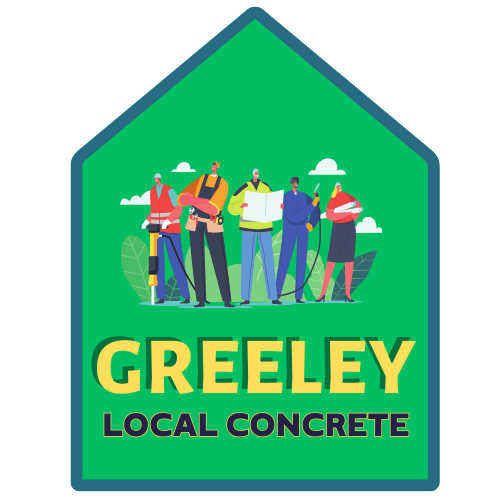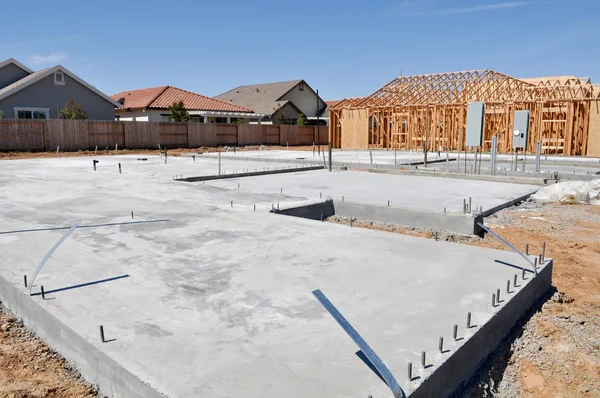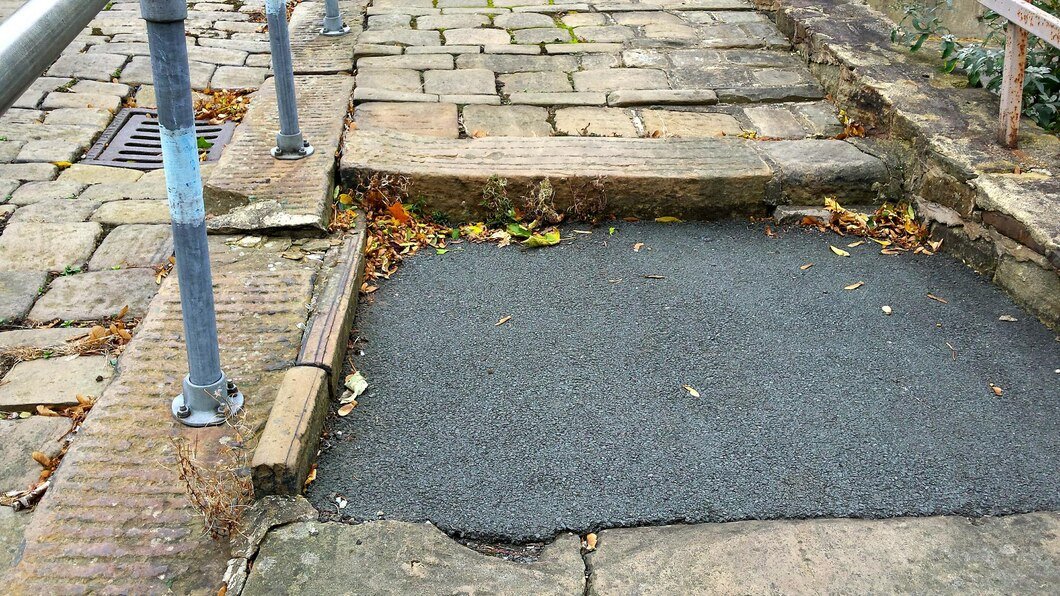Exploring Polished Concrete Floors: Definitions, Advantages, and Drawbacks
Polished concrete floors have gained popularity in both residential and commercial spaces due to their sleek appearance, durability, and low maintenance requirements. In this article, we delve into the world of polished concrete floors, exploring their definitions, advantages, and potential drawbacks.
Definition: Polished Concrete Floors
Polished concrete is a flooring system that involves grinding, honing, and polishing concrete surfaces to achieve a smooth, glossy finish. The process typically starts with coarse grinding to remove surface imperfections and then progresses to finer grinding to refine the surface. Finally, polishing compounds are applied to achieve the desired sheen.
Pros
One of the primary advantages of polished concrete floors is their aesthetic appeal. The glossy finish of polished concrete adds a modern and sophisticated look to any space, making it suitable for a wide range of applications, from residential homes to high-end retail stores.
In addition to their visual appeal, polished concrete floors offer several practical benefits. They are highly durable and resistant to scratches, stains, and abrasion, making them ideal for high-traffic areas such as lobbies, corridors, and retail floors. Unlike other flooring materials such as carpet or tile, polished concrete does not require frequent replacement, reducing long-term maintenance costs.
Furthermore, polished concrete floors are easy to clean and maintain. Unlike traditional flooring materials that require regular waxing or sealing, polished concrete can be cleaned with simple soap and water, eliminating the need for harsh chemicals or specialized cleaning products.
Another advantage of polished concrete is its sustainability. Since concrete is typically used as the substrate, polishing existing concrete floors eliminates the need for additional materials such as carpet or tile, reducing waste and environmental impact. Additionally, polished concrete floors can improve indoor air quality by reducing the accumulation of dust, allergens, and mold.
Cons
While polished concrete floors offer numerous benefits, there are also some potential drawbacks to consider. One common concern is the initial cost of installation, which can be higher than traditional flooring materials. The process of grinding, honing, and polishing concrete requires specialized equipment and skilled labor, contributing to higher upfront expenses.
Another drawback of polished concrete is its susceptibility to moisture and staining. While polished concrete is relatively resistant to spills and stains compared to unpolished concrete, it is not entirely impervious. Exposure to acidic substances or harsh chemicals can cause discoloration or etching on the surface of polished concrete floors.
Additionally, polished concrete floors can be slippery when wet, posing a potential safety hazard, especially in high-traffic areas or environments prone to spills. To mitigate this risk, non-slip additives can be incorporated into the polishing process or topical sealers can be applied to enhance traction.
Furthermore, while polished concrete is known for its durability, it is not immune to damage. Heavy impacts or sharp objects can cause chipping or cracking on the surface of polished concrete floors, requiring repair or refinishing to restore their appearance.
| Advantages | Disadvantages |
| Sleek and modern aesthetic appeal | Higher initial installation cost |
| Highly durable and resistant to wear | Susceptible to moisture and staining |
| Low maintenance requirements | Potential slipperiness when wet |
| Easy to clean and maintain | Prone to damage from heavy impacts or sharp objects |
| Sustainable and environmentally friendly |
This table provides a concise overview of the benefits and drawbacks of polished concrete floors, allowing for a quick comparison of their pros and cons.
Conclusion
In conclusion, polished concrete floors offer a combination of aesthetic appeal, durability, and low maintenance that makes them a popular choice for various residential and commercial applications. However, it is essential to weigh the advantages and drawbacks carefully to determine whether polished concrete is the right flooring solution for your specific needs and budget. By understanding the definitions, advantages, and potential drawbacks of polished concrete floors, you can make an informed decision about whether to incorporate them into your next construction or renovation project.
About Us
Welcome to Greeley Local Concrete, your trusted partner for all your concrete needs in Greeley, CO, and surrounding areas. We specialize in high-quality concrete services tailored to meet your unique requirements. From driveways to patios, walkways to foundation repairs, we offer a comprehensive range of services to enhance your property. Our skilled professionals deliver exceptional results using the latest techniques and materials, ensuring durability and customer satisfaction. Whether you want stamped concrete for your outdoor space or reliable repairs, Greeley Local Concrete is here to bring your vision to life. Choose us for craftsmanship, attention to detail, and unparalleled customer service. Visit www.greeleylocalconcrete.com for more information.



